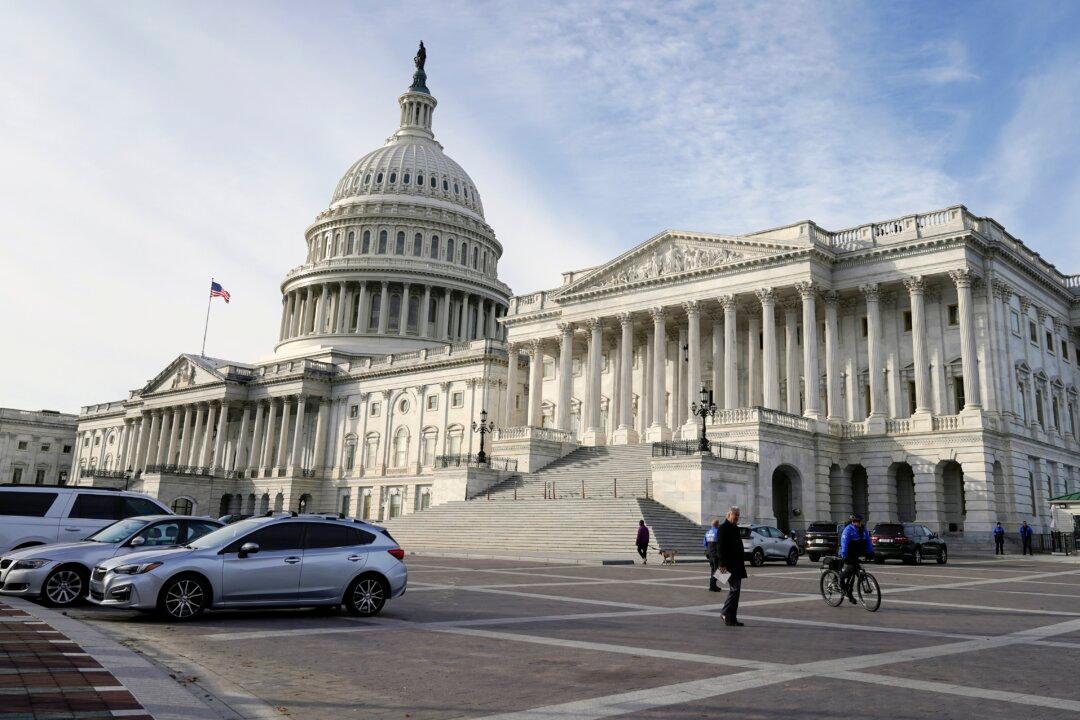The Federal Election Commission (FEC) is expanding the ability of candidates running for federal office to pay themselves using their campaign funds.
On Dec. 14, the nonpartisan FEC voted to revise its regulations on how candidates for public office are eligible to use money from their principal campaign committee to compensate themselves.





